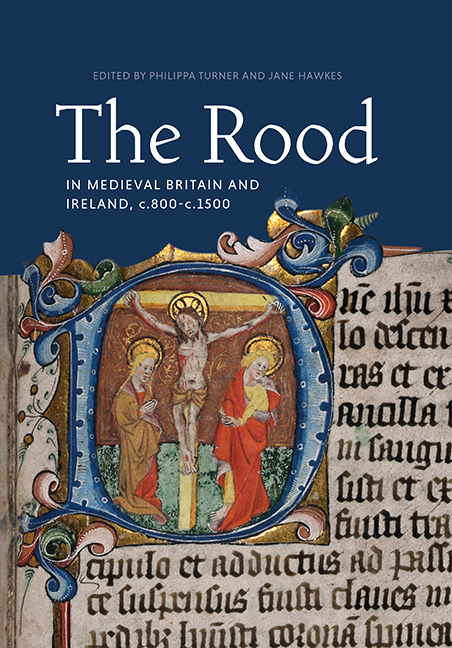Introduction: Travel, Taste and the Antique
One of the many phenomena marking the ‘long eighteenth century’ in Britain was an increased interest and participation in travel with the concomitant activities of acquiring, describing and illustrating art and antiquities, and the production of publications catering for and encouraging these trends. To some extent, these interests were reflected in (and indeed energized by) the works of Johann Joachim Winckelmann, whose Thoughts on the Imitation of Greek Works, published in German in 1755, discussed the ideal of ‘noble simplicity and quiet grandeur’, an ideal that he identified with the Classical, and which he considered it necessary to imitate. The work was an instant success, being reprinted several times and widely translated. In Britain, it enjoyed popular- ity in artistic circles, with Henry Fuseli's translation being published in 1765, and a second edition appearing in 1767. For Winckelmann himself, the book allowed him to continue his studies in Rome, where he arrived in November 1755, and proceeded to devote himself to the study of Roman antiquities: his method of careful observation enabled him to identify Roman copies of Greek art, something that was less well known and therefore unusual at the time, and led to Roman culture being elevated to the status of the ultimate achievement of Antiquity. As Fuseli's English translation put it: ‘There is but one way for the moderns to become great, and perhaps unequalled; I mean, by imitating the ancients.’ Imitation, of course, did not mean copying, for this was deemed to be ‘the slavish crawling of the hand and eyes, after a certain model’; rather, if handled with reason, it could result in that which was imitated assuming another nature and becoming something in its own right: ‘reasonable imita- tion takes just the hint, in order to work by itself ‘, for whatever ‘imitation produced, differs from the first idea, as the blossoms of a transplanted tree differ from those that sprung in its native soil’. The mimetic character of art that imitates but does not simply copy was, for Winckelmann, central to any interpretation of Classical idealism, and it is generally understood to mark the early stage of the transformation of Taste in the eighteenth century.
